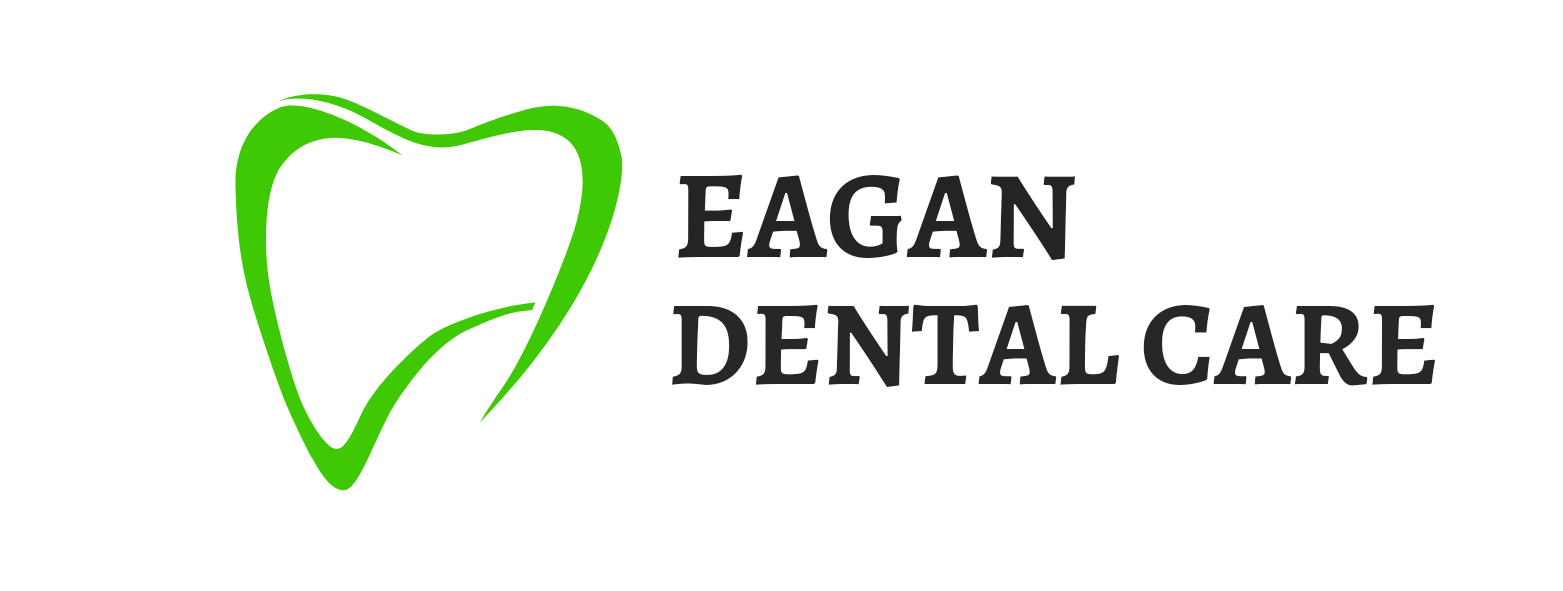Many people believe that if their teeth don’t hurt, there’s no reason to see the dentist. However, dental problems often develop silently, without any noticeable pain or discomfort—until they become serious. Regular dental checkups help catch issues early, preventing costly and more invasive treatments down the line. At Eagan Dental Care, we encourage patients to be proactive about their oral health. If you’re experiencing any of the following signs, it may be time to schedule a visit—even if you’re not in pain.
1. Bleeding or Swollen Gums
Healthy gums should not bleed when you brush or floss. If you notice blood in the sink after brushing or your gums look red, swollen, or tender, this could be a sign of gingivitis or gum disease. In its early stages, gum disease is treatable and reversible with proper care. However, if left untreated, it can progress into periodontitis, a more serious infection that can lead to gum recession and even tooth loss. Since gum disease often starts painlessly, these symptoms should not be ignored. A professional cleaning and evaluation can help restore your gum health before it worsens.
2. Persistent Bad Breath or a Bad Taste in Your Mouth
Occasional bad breath after a garlicky meal is normal, but chronic bad breath (halitosis) or a lingering bad taste in your mouth could indicate a deeper issue. Persistent bad breath may be caused by bacteria buildup, gum disease, cavities, or an infection. Sometimes, it can even be linked to underlying health conditions such as diabetes or acid reflux. If your breath doesn’t improve with regular brushing, flossing, and mouthwash, a dental checkup can help identify the root cause and get your oral health back on track.
3. Sensitivity to Hot, Cold, or Sweet Foods
Tooth sensitivity can make eating and drinking uncomfortable, and it often signals enamel erosion, tooth decay, or exposed tooth roots due to receding gums. If you experience a sharp or lingering pain when consuming hot coffee, ice cream, or sugary foods, it’s time to have your teeth evaluated. Sensitivity could mean the early stages of a cavity or even the beginning of gum recession. Early intervention can help prevent more serious damage, such as deep decay or the need for a root canal.
4. Changes in Your Teeth or Bite
If you’ve noticed any changes in the alignment of your teeth, a loose tooth, or difficulty biting down properly, it’s important to schedule a dental visit. Shifting teeth could be a sign of gum disease, bone loss, or an undiagnosed dental issue. Even small changes, like a growing gap between teeth or a tooth that feels slightly loose, should be checked out. Similarly, if you experience jaw pain or clicking sounds when chewing, it could indicate TMJ (temporomandibular joint) disorder, which can lead to long-term discomfort if left untreated.
5. Dry Mouth or a Sticky Feeling in Your Mouth
Saliva plays a crucial role in protecting your teeth by neutralizing acids, washing away food particles, and preventing bacteria buildup. If your mouth often feels dry, it could increase your risk of tooth decay, gum disease, and bad breath. Chronic dry mouth can be caused by medications, dehydration, or underlying health conditions such as diabetes or autoimmune disorders. A dentist can assess the cause and recommend treatments to help keep your mouth properly hydrated and healthy.
Why Preventative Care Matters
Waiting until you’re in pain to visit the dentist can lead to more complicated and costly treatments. Many serious dental problems start without obvious symptoms, which is why regular checkups and cleanings are essential. A professional exam allows your dentist to catch early signs of cavities, gum disease, infections, and oral cancer before they become major concerns.

